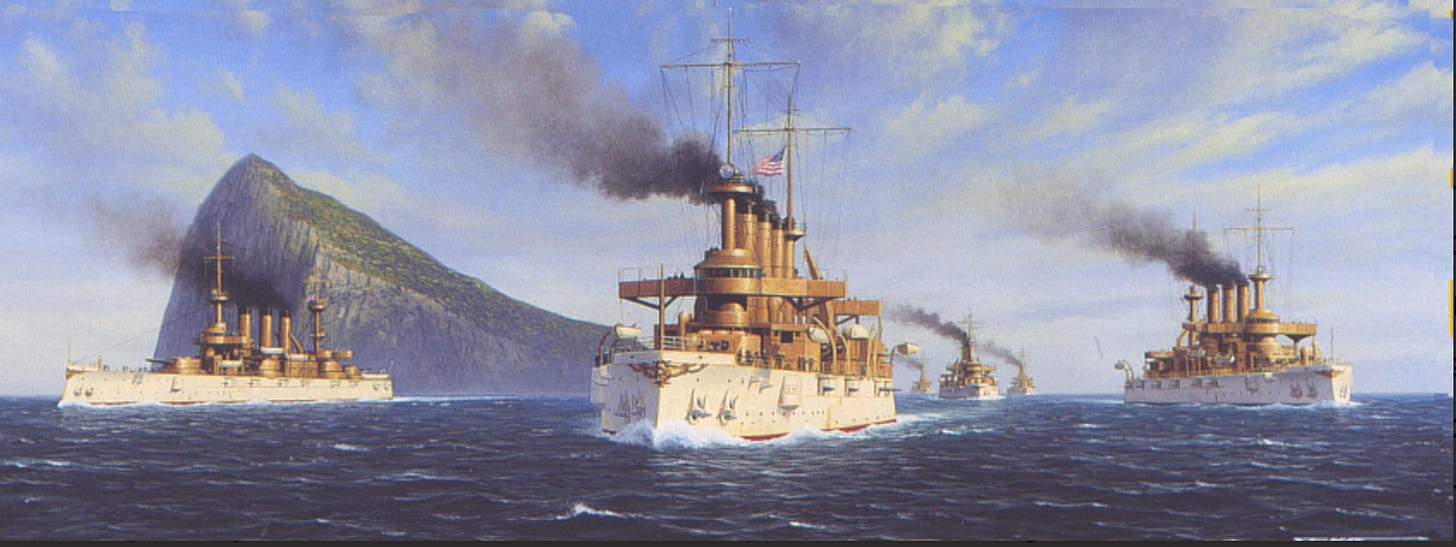Summary
The conversation delves into various themes surrounding innovation, customization, and future planning. It highlights the importance of bespoke solutions in development and addresses the challenges faced in implementing these ideas. The speakers reflect on their insights and look forward to new developments in the field.
You can listen here or at the Spotify widget below.
Show Links
Who Put Quartermaster Bloomfield in Charge of Defending Guam?
The Art of Military Innovation: Lessons from the Israel Defense Forces, by Edward N. Luttwak
Chapters
00:00: Introduction and Veterans Day Reflection
02:55: Post-Election Analysis and Military Implications
09:05: National Security and Fuel Storage Concerns
13:54: War on Cartels: A New Approach
18:35: Military Cooperation with Mexico
23:33: Political Polarization and Bureaucratic Challenges
27:08: International Relations and Energy Policies
29:14: Political Landscape and Defense Spending
32:52: Innovations in Military Technology
35:36: Strategic Military Planning and Leadership
38:17: Naval Strategy and Regional Security
40:58: Impact of Political Changes on Foreign Policy
44:25: Military Readiness and Resource Allocation
49:14: Bureaucratic Challenges in Defense
54:43: Critique of Diversity Initiatives in the Military





I put the Midrats podcasts on my tickler list but get sidetracked too easily. First time to attend as a listener. Enjoyed it. Found that I can multitask while listening, did a crossword puzzle. What's not to like about this format?
Personnel is policy. New SecDef choice is crucial...will we get a reformer or just another retired flag / professional keptocrat determined to maintain the status quo and and maximize his / her time at the trough. OBTW, the new Senate majority leader is just as important, as a poor decision there (senior senator from Texas?) could negate the progress a results minded reformer might bring about. Will need congress to at least assent to changing the bureaucracy and not obstruct accountability and hire / fire changes critical to an improved results oriented process. Completing the trifecta and changing the DoD acquisition bureaucracy will possibly be the most difficult. That's why getting the right people in place in the government parts of the "Iron Triangle" of DoD, Congress and the Military Industrial Complex (TM) have to happen for anything to actually, you know, happen.